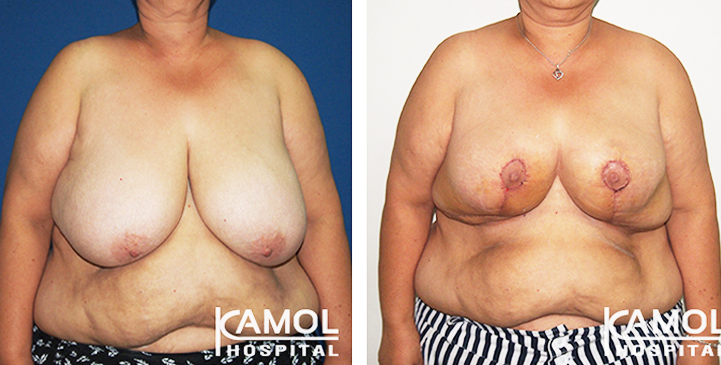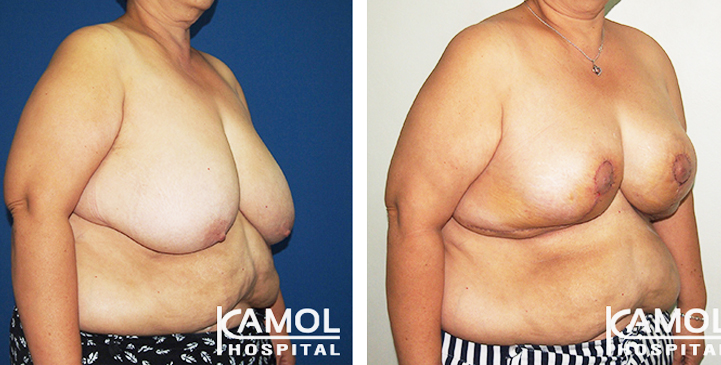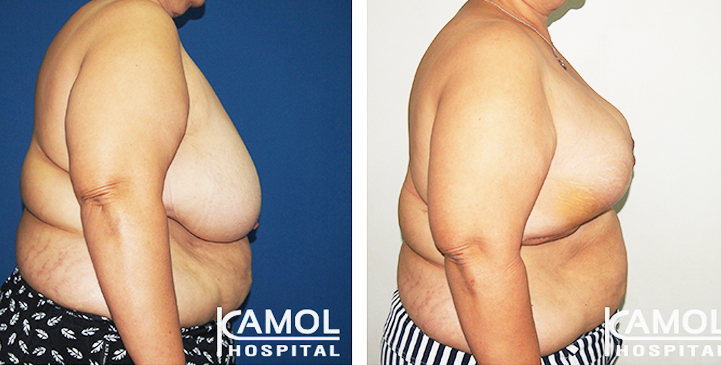The important of BMI In relation to Breast Reduction Surgery
BMI, or body mass index, is not a primary factor considered when determining candidacy for breast reduction surgery. However, it can be taken into account as a secondary consideration, as a high BMI can increase the risk of complications during and after the surgery.
The primary criteria for breast reduction surgery are:
- Physical symptoms that may be caused by large and heavy breasts include back and neck pain, shoulder grooving from bra straps, rashes or infections under the breasts, and difficulty finding clothes that fit properly.
- Patients' overall health and ability to tolerate surgery, as well as their goals and expectations, are also important factors that are considered before deciding to proceed with breast reduction surgery. For example, if a patient has a pre-existing medical condition that increases the risk of complications, or if a patient's primary goal is simply to achieve a smaller breast size without addressing specific symptoms, surgery may not be the best option.
If a patient has a high BMI, they may need to lose weight before the surgery to reduce the risk of complications. If a patient is morbidly obese or has other health issues that would make surgery risky, the surgeon may advise against the surgery until the patient's overall health improves.
Before and After Breast Reconstruction

Before and After surgery 2 weeks Breast Reduction

Before and After surgery 2 weeks Breast Reduction

Before and After surgery 2 weeks Breast Reduction

